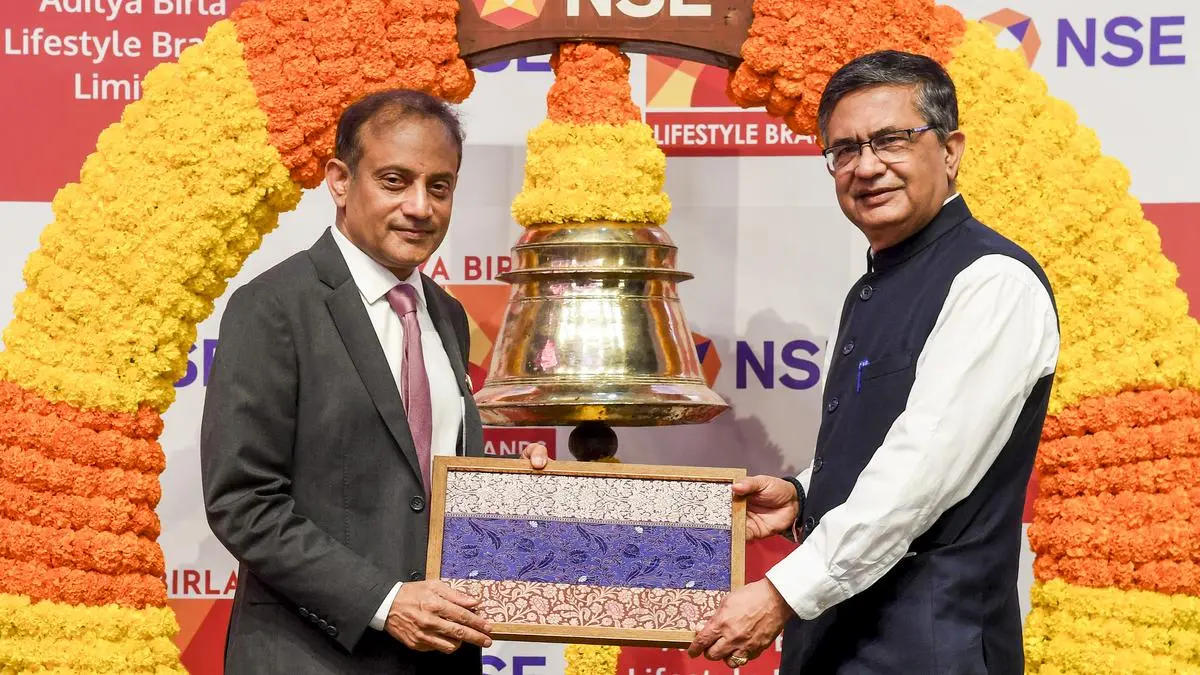Wike Responds to Obi's 'Spartan Lifestyle' Claim: A Political Jab?

The political landscape in Nigeria continues to be vibrant, and recent comments from Federal Capital Territory (FCT) Minister Nyesom Wike have added another layer of intrigue. Wike, known for his outspoken nature, subtly responded to former Anambra State Governor and Labour Party presidential candidate Peter Obi's claim of living a 'spartan lifestyle' – a life characterized by austerity and minimal luxury compared to many of his peers.
Obi, throughout his political career, has consistently emphasized his commitment to frugality and a simple life. He often highlights his modest residences and transportation choices as evidence of his dedication to serving the people and avoiding ostentatious displays of wealth. This image of a humble leader has resonated with many Nigerians, particularly younger voters who are increasingly disillusioned with traditional politics and perceived corruption.
Wike's response, delivered on Thursday, wasn't a direct attack but rather a carefully worded observation that many interpret as a jab at Obi's lifestyle claims. While details of Wike's exact remarks remain subject to interpretation, the underlying message appears to be a questioning of the practicality and even the authenticity of such a starkly different approach to leadership in a country like Nigeria. It raises the question: can a leader truly be effective while consciously eschewing the trappings of power and influence?
The exchange underscores the contrasting approaches to politics employed by Wike and Obi. Wike, often portrayed as a pragmatic and assertive figure, represents a more traditional style of Nigerian politics, while Obi embodies a newer, reform-oriented image. This difference in style extends beyond personal lifestyle choices and reflects broader ideological divides within the nation's political sphere.
Analysts suggest that Wike's comments are likely a strategic move aimed at undermining Obi's appeal, particularly among voters who may be swayed by the narrative of a leader who is 'one of them' – someone who understands and shares their struggles. However, it also risks alienating those who genuinely admire Obi's commitment to simplicity and integrity.
The ongoing discussion surrounding Obi's lifestyle and Wike's response highlights a crucial aspect of Nigerian politics: the perception of leadership and the role of personal conduct in shaping public opinion. As the nation navigates complex challenges, the debate over the qualities of an ideal leader – whether it's a spartan lifestyle or a more conventional approach – is likely to continue.
Ultimately, the impact of this exchange will depend on how voters interpret the underlying messages and how it influences their perceptions of both Wike and Obi. It serves as a reminder that in the world of politics, every word and action is scrutinized and analyzed, and even subtle comments can have significant repercussions.


)


:max_bytes(150000):strip_icc():focal(772x239:774x241)/elijah-blue-allman-marieangela-king-cher-062625-c758c0709d4b48bc8a74889213410c04.jpg)
